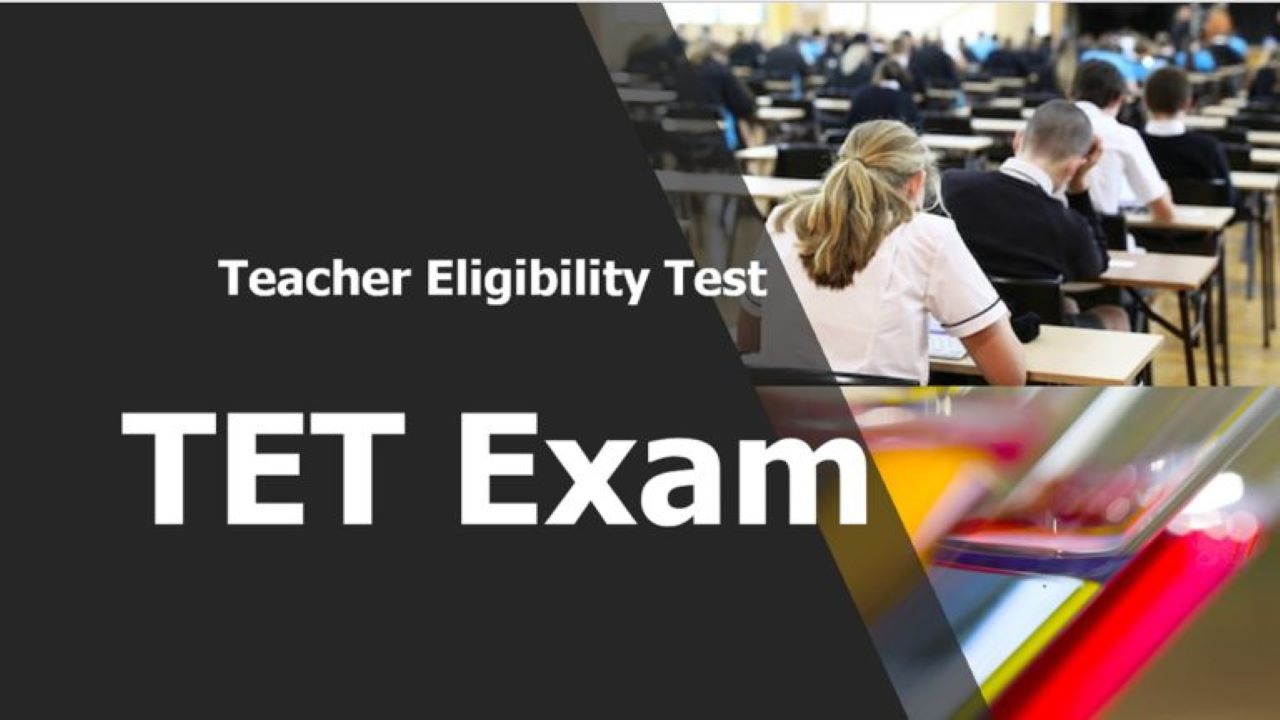

The Teacher Eligibility Test is known as TET and is conducted at the national and state level to be appointed as a teacher. To be an eligible teacher of classes 1st to 8th in India, this qualification is essential. This exam is based on the guidelines issued by the National Council for Teacher Education (NCTE).
For an Indian government job in the teaching sector, TET is a mandatory exam. It is conducted by both central and state government boards. It is held once or twice a year.
To appear for a TET the candidate should fulfill the eligibility criteria;
To be eligible for TET, the candidate must be a 12th passed or a graduate from the recognized University with a minimum of 45 percent marks.
Candidates should have either completed their teachers’ training course or have a Diploma in Education or Bachelor of Education (B.Ed).
A candidate of a minimum of 18 years old is eligible to appear for the exam.
The TET consists of two papers – paper1 and paper2. Paper 1 for the candidates who wish to teach grades 1 to 5 and paper 2 for the ones who prefer grades 6 to 8.
The exam is 150 objective-type Multiple Choice Questions (MCQs) of 150 marks of 2 and a half hours duration.
If you want to be recruited as a primary teacher (classes 1-5), trained graduate teacher (classes 6-10), and postgraduate teacher (classes 11-12) then TET is important. The candidates who pass with a qualifying mark of 60% for general and 55% for SC/ST/OBC are awarded the TET eligibility certificate.
Keep reading Successyeti.com
Also Read: Is There A Change In Blood Pressure After We Eat? Know Here
In today's article, we will learn the importance of happiness and how to maintain it…
Today, we will look at three common mistakes couples make in their relationships regarding intimacy…
In this article, we will learn about the simple ways that can help one overcome…
Check out the list of couples' biggest relationship mistakes in this article.
In this article, we will learn about anxiety and how one can handle it in…
In this article, you will understand the horrifying effects of child abuse.